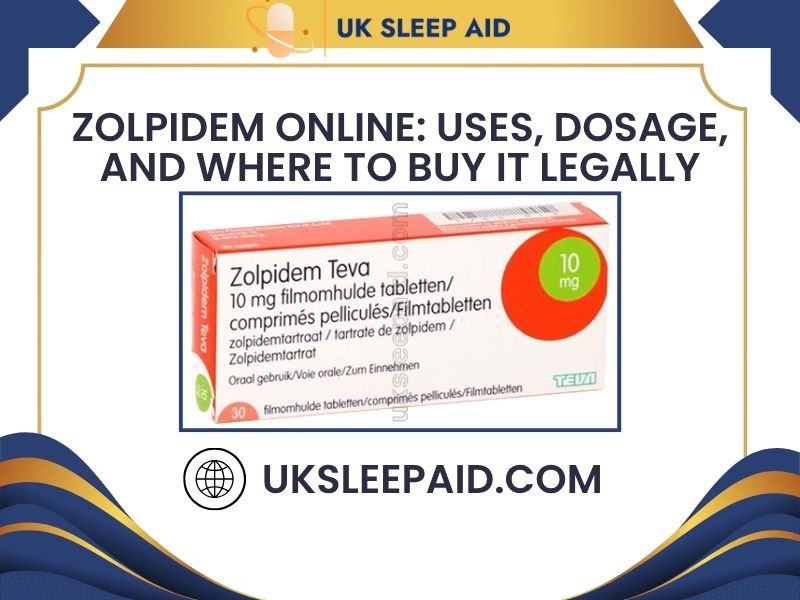Addiction is a complex battle, affecting millions worldwide. Traditional approaches to recovery often focus solely on behavioral therapy and pharmaceutical interventions. However, emerging research suggests that bioidentical hormone replacement therapy (BHRT) could play a pivotal role in supporting addiction recovery programs.
Understanding Bioidentical Hormone Replacement Therapy
BHRT involves using hormones that are structurally identical to those naturally produced by the body. Unlike synthetic hormones, which may have different chemical structures, bioidentical hormones are derived from plant sources and mimic the body’s natural hormones precisely. This similarity allows for smoother integration within the body’s biochemical processes, potentially reducing side effects and enhancing effectiveness.
Addressing Hormonal Imbalance in Addiction
Addiction often disrupts the delicate balance of hormones in the body. Substance abuse can lead to dysregulation of various hormones, including cortisol, dopamine, and serotonin, contributing to mood disorders, cravings, and withdrawal symptoms.
Professional bioidentical hormone replacement therapy aims to restore hormonal equilibrium, addressing underlying imbalances that may exacerbate addictive behaviors. By optimizing hormone levels, individuals undergoing addiction recovery may experience improved mood stability, enhanced stress resilience, and reduced cravings, facilitating long-term sobriety.
The Impact of Hormonal Imbalance on Addiction
Chronic substance abuse can profoundly affect the endocrine system, leading to hormonal disruptions that perpetuate addictive cycles. For instance, prolonged drug or alcohol use can impair the function of the hypothalamic-pituitary-adrenal (HPA) axis, resulting in elevated cortisol levels and heightened stress responses. This dysregulation not only exacerbates anxiety and depression but also increases susceptibility to relapse.
Similarly, fluctuations in neurotransmitter levels, such as dopamine and serotonin, contribute to reward-seeking behaviors and emotional dysregulation commonly observed in addiction. BHRT offers a targeted approach to rebalancing these neurochemicals, attenuating the neurobiological drivers of addiction, and promoting emotional stability.
BHRT as a Complementary Treatment Approach
In addiction recovery programs, BHRT serves as a complementary treatment modality alongside conventional therapies, such as cognitive-behavioral therapy (CBT) and medication-assisted treatment (MAT). By addressing hormonal imbalances, BHRT addresses underlying physiological factors that may hinder the success of traditional interventions alone.
Clinical Evidence Supporting BHRT in Addiction Recovery
While research on BHRT specifically in addiction recovery is still emerging, preliminary studies demonstrate promising outcomes. A pilot study published in the Journal of Addiction Medicine found that BHRT reduced cravings and improved mood stability in individuals with substance use disorders. Moreover, BHRT was associated with higher treatment retention rates and improved overall well-being among participants.
Considerations and Precautions
While BHRT offers potential benefits in addiction recovery, it is essential to recognize that hormone therapy is not without risks. As with any medical intervention, BHRT should be administered under the supervision of qualified healthcare professionals experienced in hormonal management.
Individuals considering BHRT should undergo comprehensive hormone testing to assess baseline hormone levels and identify specific imbalances. Treatment plans should be tailored to each individual’s unique physiological profile, with close monitoring of hormone levels and symptoms throughout therapy.
Furthermore, BHRT may not be suitable for everyone, particularly individuals with certain medical conditions or contraindications. Potential side effects and risks should be discussed thoroughly with healthcare providers before initiating treatment.
Conclusion
Bioidentical hormone replacement therapy represents a promising adjunctive treatment modality in addiction recovery programs. By addressing hormonal imbalances that underlie addictive behaviors, BHRT offers a holistic approach to healing, complementing traditional interventions and enhancing overall treatment outcomes.
As research continues to elucidate the intricate interplay between hormones and addiction, BHRT holds the potential to revolutionize the landscape of addiction treatment, offering renewed hope and healing to those battling substance use disorders.










